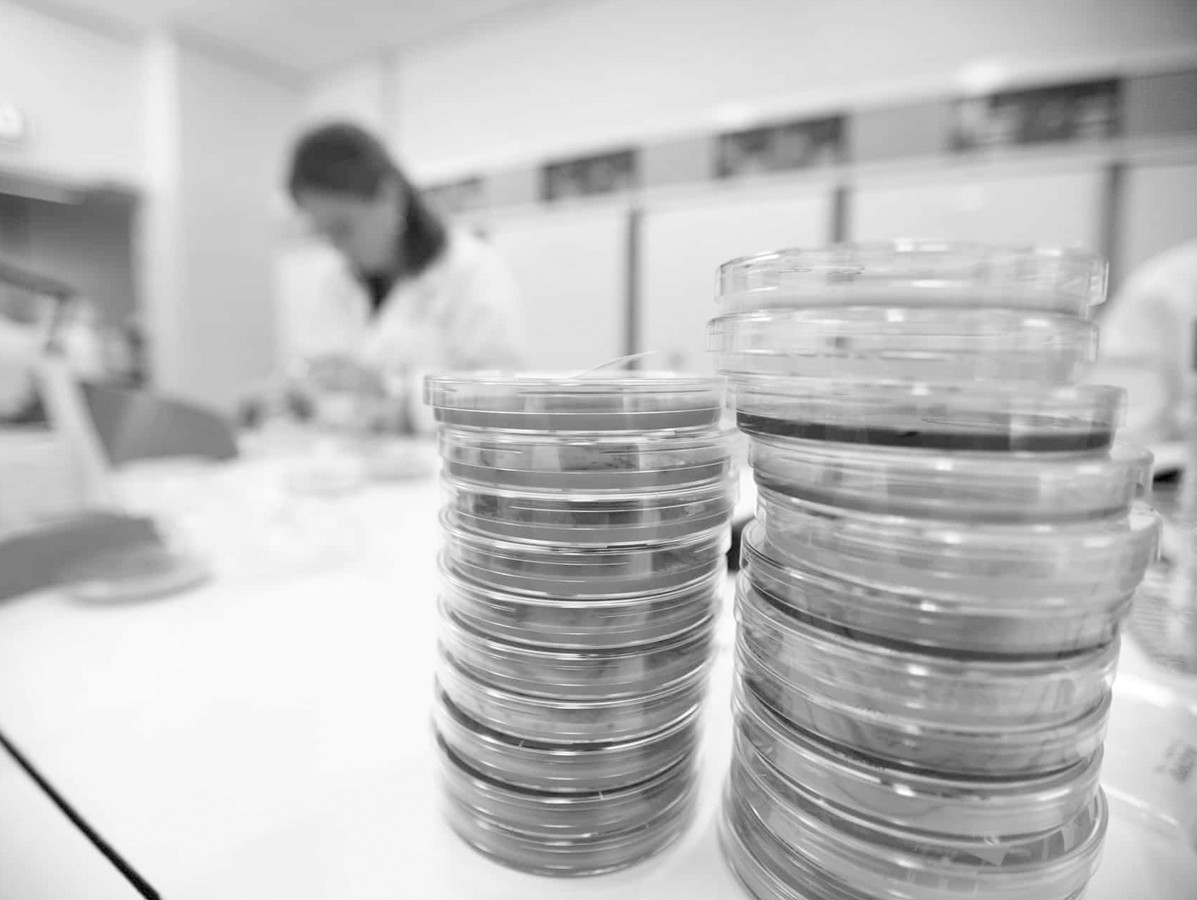
Normec Foodcontrol in Belgium, part of Normec Foodcare, is one of the first laboratories in the Benelux accredited for the enzymatic determination of the three main food acids that are active against Listeria monocytogenes.
The enzymatic method was selected as it gives a very reliable result. Suppliers of kits claim that the enzymatic methods are still the standard, the methods are also recognised by several international organisations.
On 17 February 2021, BELAC (the Belgian accreditation commission) carried out an accreditation audit at Normec Foodcontrol in Wetteren. During this audit the three organic acids were assessed:
- Acetic acid
- Lactic acid
- Citric acid
The audit has been successfully concluded for the matrix 'food excluding beverages' and from now on the report will mention that these analyses fall within the scope of the accreditation of Belac with number: BELAC 080-TEST.
The most important advantages of enzymatic methods are:
- Extraction depending on the acid. Citric acid is extracted differently from acetic acid and lactic acid, so the best suitable extraction is performed for each acid.
- No problem with separation of the components, as the enzymes are specific to the acid to be analysed.
- No problem with interferents such as salt, vitamins, amino acids and sugars. Again, the reason is that enzymes are used that are specific to the acid to be analysed.
To obtain accreditation, a validation file is necessary and successful participation in ring tests is desirable. These are organised by ring test organisers who are specifically recognised and accredited for this purpose. In a first phase, a group of laboratories receives the same sample that is examined for certain parameters. Beforehand, a homogeneity test is performed on this sample, so that the ring test organiser is sure that the parameter under investigation is nicely homogeneously distributed in the sample and that it is suitable for the comparative study.
The ring tests showed that a very high accuracy and repeatability was achieved at Normec Foodcontrol. Organic acids are often used in models to assess, for example, the growth of Listeria monocytogenes. It is of great importance to work with values that are reliable, repeatable and applicable in order to make a correct assessment of the possible danger of outgrowth. The accreditation of these analyses confirms that Normec Foodcontrol has met these conditions.
Normec Foodcare originated from a cooperation between leading laboratories, test centres, expertise and consultancy agencies, inspection and training organisations in the food sector. All with decades of experience. Together we form Normec Foodcare: knowledge partner in food safety, product quality and flavour. By bundling our expertise, we help with all sorts of issues and solutions in areas such as quality and food safety, laboratory research, taste tests, QA automation, flexible deployment of quality managers and inspectors, education and training, risk management and label compliance.
Source: Normec Foodcare